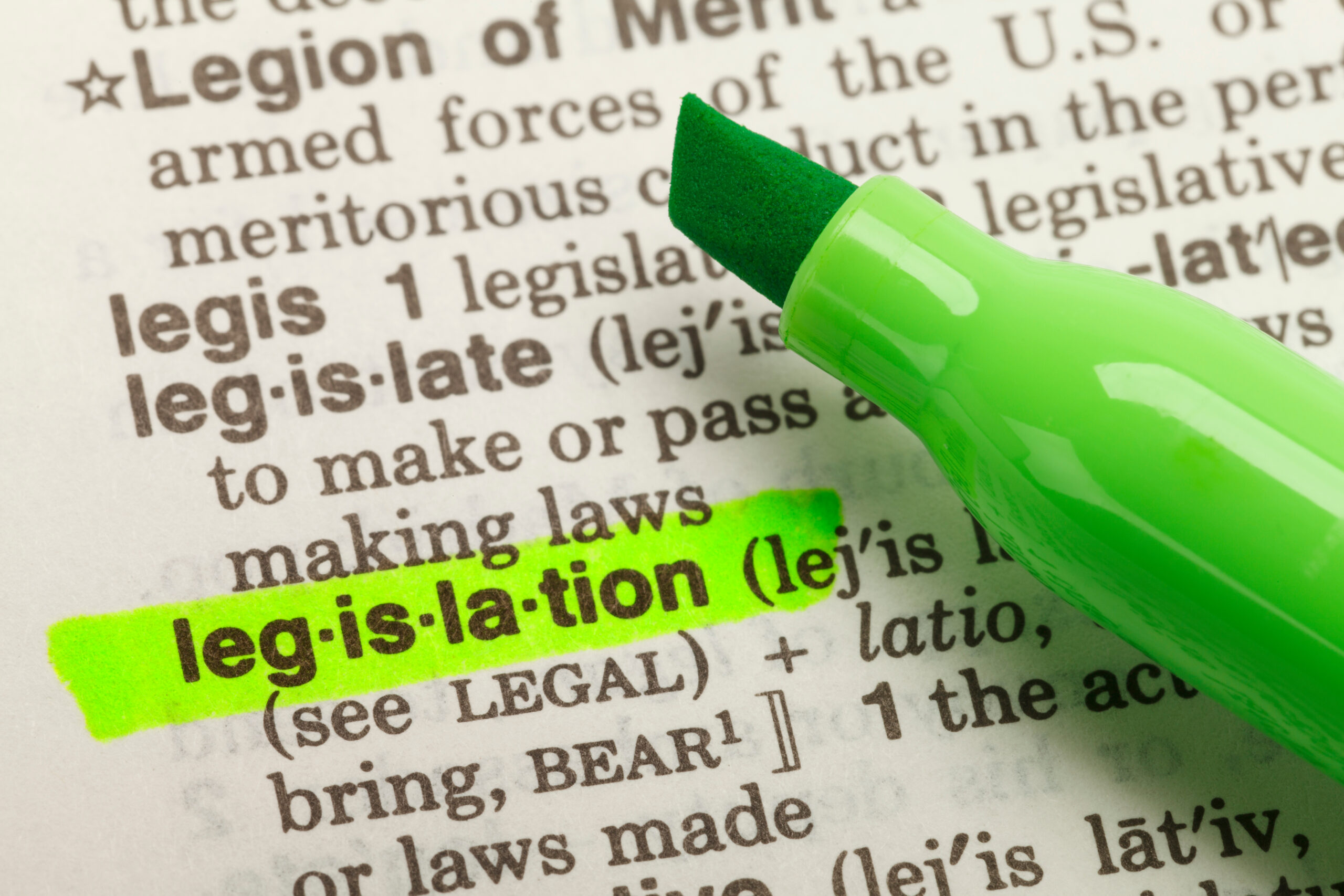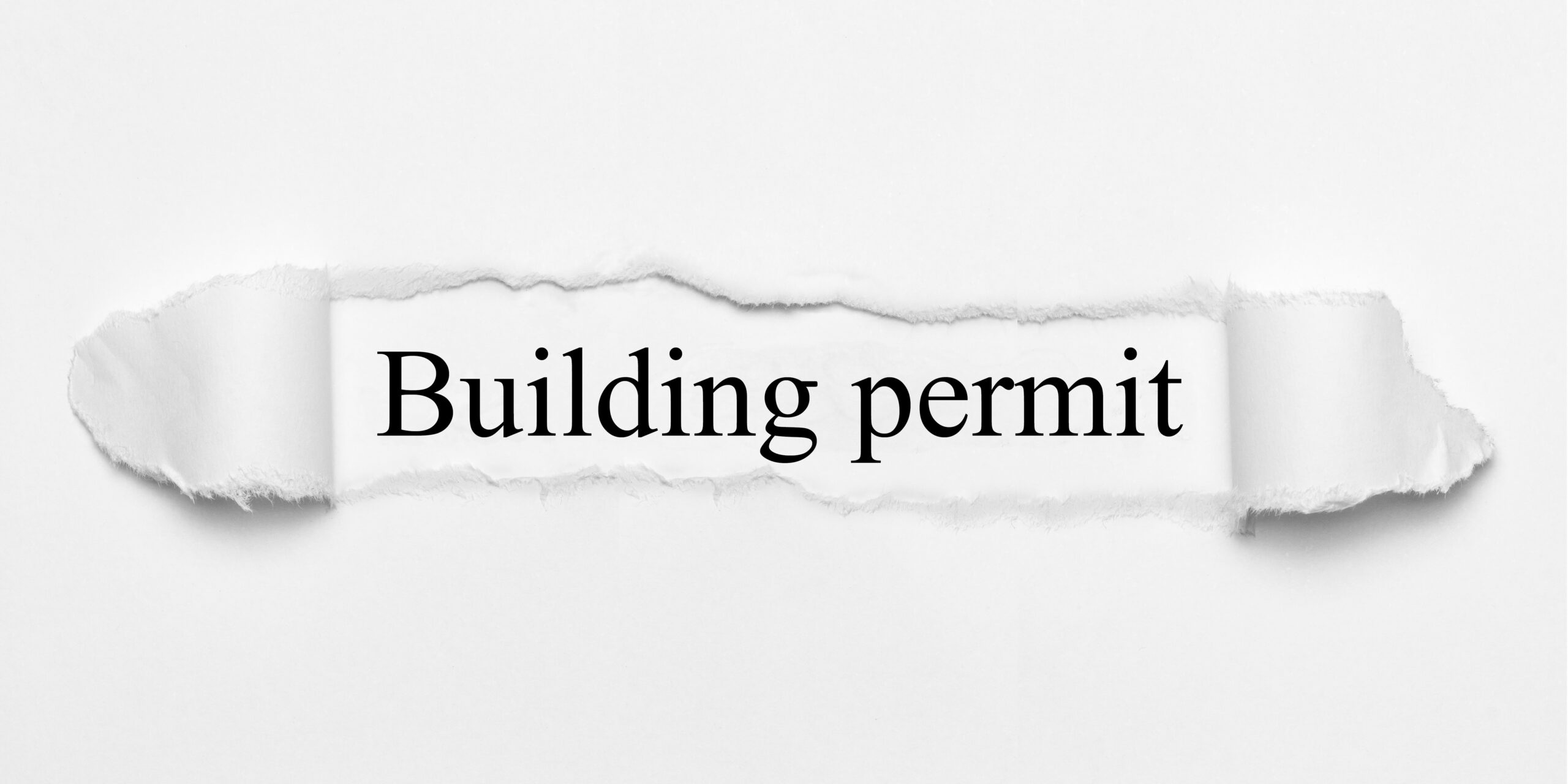As we’ve previously reported, 2022 was a blockbuster year for housing legislation and it appears this legislative session is gearing up to be just as consequential. But, with approximately a quarter of the legislative body in their freshman year, it’ll be difficult to determine how the session will play out. In this two-part update, we will be providing a brief overview of some of the most significant bills introduced thus far impacting the California Environmental Quality Act (CEQA), State Density Bonus Law, housing, parking requirements, accessory dwelling units (ADUs), and other land use-related policies.
CEQA Reform
A substantial number of CEQA-related bills have been introduced this legislative session. Most significantly, meaningful CEQA reform appears to be a priority with multiple bills aiming to creatively address CEQA misuse.
AB 978 (Patterson) Bond Requirements for CEQA Challenges to Housing Projects. This bill would require any person bringing a CEQA lawsuit against a housing project to post a bond of $500,000 to cover the costs and damages to the housing project incurred by the project sponsor or lead agency. The court would be permitted to waive or adjust the bond requirement if there is good cause to believe the requirement does not further the interest of justice.
AB 340 (Fong) Written Comments Must be Submitted Ahead of Hearing. This bill would require project opponents to make any written comments challenging the project’s compliance with CEQA at least ten days before the public hearing on the project. Any written comments submitted after that time could not be used in a CEQA lawsuit against the project. Note that this would not restrict opponents’ ability to present oral comments at the hearing.
SB 239 (Dahle) Limits on CEQA Litigation. First, this bill would only allow the Attorney General to bring CEQA lawsuits challenging certified Environmental Impact Reports (EIRs), Negative Declarations, or Mitigated Negative Declarations, meaning members of the public and community organizations would no longer have standing in cases involving these types of CEQA documents. Notably, it excludes other types of CEQA documents like exemptions. Challenges brought for non-environmental purposes would be subject to dismissal and award of attorney’s fees. Second, courts would be prohibited from stopping construction or operation of a project due to CEQA litigation, unless the project (1) presents an imminent threat to public health and safety or (2) contains unforeseen important Native American artifacts or unforeseen important historical, archaeological, or ecological value that would be materially, permanently, and adversely affected. Even in that case, the court can only stop specific activities related to those impacts. Third, for housing projects, the bill would limit subsequent CEQA actions challenging an agency’s remedial revisions to CEQA documents in response to a court’s ruling by prohibiting the court from considering new issues that were not raised in the original proceeding. Lastly, until January 1, 2030, lawsuits challenging certified EIRs for commercial, industrial, housing, or public works projects that meet certain standards and address longstanding critical needs in the project area must be resolved within 365 days, unless the court makes certain findings.
These bills may indicate that the long-awaited first step toward CEQA reform is on the horizon. In addition, a couple of other CEQA-related bills have been introduced that would be helpful in limiting review:
- Two bills appear to be a response to the First District Court of Appeal ruling last month involving the UC Berkeley project that proposes to turn the People’s Park into student and homeless housing. In that case, the court held that the EIR failed to analyze potential noise impacts from loud student parties, among other inadequacies.
- AB 1307 (Wicks and Luz Rivas) would amend CEQA to clarify that for residential projects, noise generated by the unamplified voices of residents is not an impact on the environment.
- AB 1700 (Hoover) would clarify that for housing projects, in addition to noise impacts, population growth is also not an impact on the environment.
- Currently, aesthetic impacts are not considered significant effects on the environment for housing projects involving the refurbishment, conversion, repurposing, or replacement of an existing building. This existing law is set to expire January 1, 2024. AB 356 (Mathis) would make this provision permanent.
State Density Bonus Updates
Similar to last year, a number of bills proposing updates and tweaks to the current State Density Bonus Law have been introduced.
AB 1287 (Alvarez) Additional Density Bonus. This bill would modify the State Density Bonus Law to supersede the California Coastal Act of 1976. This bill would also allow up to an additional 50% density bonus for projects that (1) maximize the very low income, low income, or moderate-income units permitted under the current State Density Bonus Law and (2) provide up to 15% additional moderate-income units. Projects that utilize this additional moderate-income bonus would also receive up to six incentives or concessions.
AB 1630 (Garcia) Ministerial Student Housing. Dubbed the Student Housing Crisis Act of 2023, AB 1630 would require student and faculty and staff housing (with limitations) on property within 1,000 feet of a university campus to be ministerially approved if a minimum of 20% of the units are affordable to lower income households. In exchange, a local agency could not impose or enforce a minimum parking requirement, floor-to-area ratio requirement, rear or side setback requirements greater than four feet, or height limit below forty feet. This bill would require a range of wage and training standards, including paying prevailing wage, providing workers with health benefits, and giving graduates of state-approved apprenticeship programs first access to these jobs (similar to AB 2011, which is taking effect July 1, 2023).
AB 323 (Holden) Restricting Use of For-Sale Units as Rentals. This bill would prohibit a developer from offering a for-sale unit constructed pursuant to a local inclusionary zoning ordinance to a purchaser that intends to rent the unit to families of extremely low, very low, low-, and moderate-income families, unless the developer can prove that none of the applicants for owner-occupancy can qualify for the unit. Any violation would be subject to a civil penalty of not more than $15,000.
AB 637 (Low) Undermining Local Inclusionary Ordinance Not Allowed. This bill would create an exception from the requirement to grant an incentive, concession, waiver, or reduction if it would alter the requirements of a local inclusionary affordable housing ordinance. The initial draft of this bill would have created an exception from the requirement that a jurisdiction grant an incentive, concession, waiver, or reduction if the project would have an adverse impact on a policy that affirmatively furthers fair housing.
Only in San Francisco
As previously reported last month, AB 1114 (Haney) would bar jurisdictions (San Francisco is the only one affected) from allowing building-permit appeals after a qualifying residential project has received an entitlement.
Stay tuned next week for an overview of proposed legislation related to housing, parking, ADUs, and other land use-related policy bills.
Authored by Reuben, Junius & Rose, LLP Attorneys Justin A. Zucker and Sabrina Eshaghi.
The issues discussed in this update are not intended to be legal advice and no attorney-client relationship is established with the recipient. Readers should consult with legal counsel before relying on any of the information contained herein. Reuben, Junius & Rose, LLP is a full service real estate law firm. We specialize in land use, development and entitlement law. We also provide a wide range of transactional services, including leasing, acquisitions and sales, formation of limited liability companies and other entities, lending/workout assistance, subdivision and condominium work.



